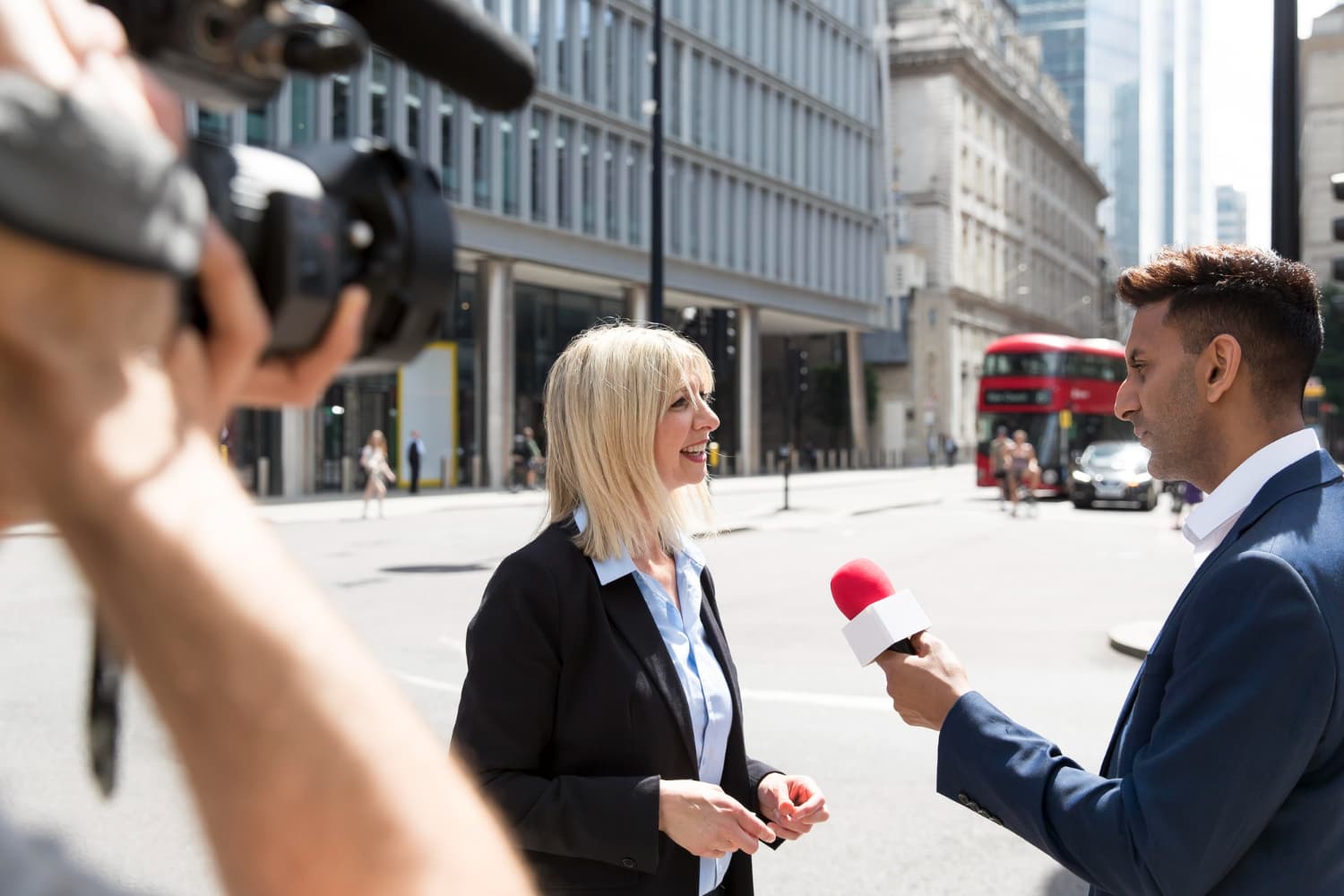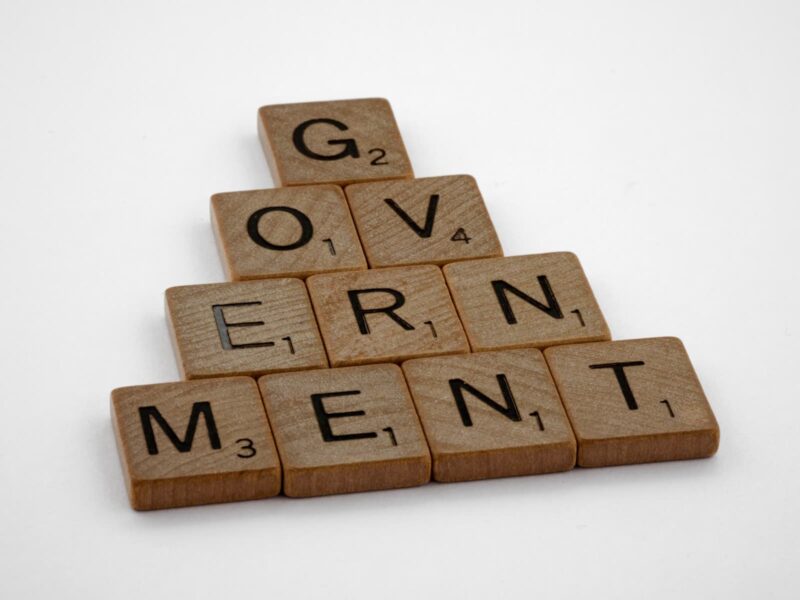There is no disputing the media’s impact on American elections. The media’s influence on forming public opinion, spreading information, and constructing political narratives is more important than ever in an era of nonstop news cycles, social media, and immediate access to information. The media is crucial to the electoral process, from the headlines that catch our attention to the debates that mould our opinions.
The Power of Media in Elections
Before we delve into the intricacies of media influence, let’s acknowledge the sheer power it wields. The media is not merely a messenger; it’s a storyteller that crafts narratives that can sway voters’ decisions. In this article, we will explore how the media influences elections in the United States and examine the various facets of this complex relationship.
Shaping Public Opinion
The media serves as a reflective and influential force in society, shaping public opinion and molding voter perspectives. Headlines, often the initial point of contact between voters and news stories, possess the power to sway opinions, particularly when sensationalism or bias is involved. Additionally, social media algorithms can inadvertently reinforce individuals’ existing beliefs, contributing to the creation of echo chambers that impact voter perceptions and decisions.
Research indicates that citizens primarily learn about politics and government through television and newspapers, making these media outlets influential in shaping voting behavior and political opinions. The mass media plays an agenda-setting role, influencing which topics and issues receive attention and how they are framed in public discourse.
Furthermore, social media, along with traditional media, significantly affects public opinion and elections. Newspapers, news websites, social media platforms, radio, television, email, and blogs all have the power to shape opinions and influence voters.The mass media, which is crucial in spreading information, forming narratives, and influencing voter behaviour, has had an impact on how American politics have changed.
Media Coverage Bias
Exploring Bias in Reporting
Media outlets exhibit varying biases, impacting public views. This bias arises from subjective factual presentation. Full journalistic objectivity is challenging due to human biases, emphasising the need for critical news analysis.
Media bias includes visibility and tonality bias, with cognitive biases influencing interpretation. It can influence voters choices. Recognising these biases is vital for informed voting and a robust democracy.
Impact on the Candidate’s Image
Election results are greatly impacted by media bias, which also affects how the public views political candidates. Research demonstrates its influence on voting patterns; for instance, the emergence of Fox News significantly changed presidential vote percentages from 1996 to 2000. Election outcomes can be affected by the way polls from key states are reported. Additionally, voter choices based on candidate competence, dominance, beauty, and approachability are impacted by gender prejudice in media portrayals.
The Role of Social Media
Social media platforms have indeed evolved into significant news sources. Their bias can wield substantial influence on elections. Research suggests that this influence operates in several ways:
- Amplification of Existing Biases: Social media algorithms often prioritise content that aligns with users’ existing beliefs. This can create echo chambers where individuals are exposed to one-sided information, reinforcing their biases.
- Spread of Misinformation: False or misleading information can spread rapidly on social media platforms. This can tarnish the reputation of candidates and impact public perception.
- Foreign Interference: Social media provides a platform for foreign actors to interfere in elections by spreading disinformation and manipulating public opinion. This has raised concerns about the integrity of democratic processes.
- Impact on Voter Engagement: Biased content on social media can polarise voters and affect voter turnout and engagement.
- Influence on Candidate Strategies: Candidates often tailor their messages to resonate with their social media audience, potentially exacerbating bias.
Fake News and Misinformation
Fake news and misinformation represent a significant challenge in today’s digital landscape. These phenomena involve the dissemination of false or misleading information through various media channels, particularly social media platforms. The consequences are far-reaching, as they can misinform and influence public opinion, sway elections, and even incite social unrest. Recognising the impact of fake news, fact-checking organisations and media literacy initiatives have emerged to combat its spread. The battle against fake news highlights the importance of critical thinking and responsible information consumption in the digital age, as well as the need for collective efforts to promote accurate and reliable information dissemination.
Political Advertisements
Political advertisements play a pivotal role in modern election campaigns, serving as a powerful means of communication between candidates and the electorate. These advertisements have evolved significantly over the years, from traditional forms like print and television to the digital realm of social media. They have the ability to shape public perception, influence voter sentiment, and convey campaign messages.
In recent years, political advertising on social media platforms has gained prominence, allowing campaigns to target specific demographics with tailored messages. However, this evolution has also raised concerns about the spread of misinformation and the need for regulation. Understanding the impact and intricacies of political advertising is crucial for both candidates and voters in the democratic process.
The Importance of Debates
Televised Debates and Public Perception
Televised debates significantly impact voter opinions during elections. These moments allow candidates to present their policies and gauge voters’ responses. Debates often sway undecided voters, shaping electoral outcomes.
Fact-Checking During Debates
Fact-checkers play a crucial role in scrutinising candidates’ statements for accuracy and enhancing their credibility. If candidates make false claims, fact-checkers provide accurate information, affecting how voters perceive trustworthiness.
The Role of Moderators
Effective moderators ensure fair and orderly debates, maintaining balance and enforcing rules. Skillful moderation contributes to meaningful debates, allowing voters to focus on candidates’ positions.
Voter Turnout and Engagement
Media’s Impact on Voter Turnout
The media wields significant influence over voter participation. Through television, radio, and digital platforms, media outlets can boost voter engagement. They achieve this by sharing essential information about election dates, candidates, and the significance of voting. Media campaigns also emphasise civic duty and the transformative potential of individual votes in shaping democracy. By highlighting these aspects, the media motivates citizens to participate actively in the electoral process.
Voter Registration Initiatives
Non-profits and political campaigns frequently organise voter registration drives, expanding the pool of eligible voters. These initiatives prioritise underrepresented communities, ensuring more people can exercise their right to vote. Effective voter registration drives streamline the process, offer voting location details, and overcome potential registration obstacles. By simplifying registration, these initiatives promote inclusivity in the electoral process, exerting substantial influence on election outcomes.
Engaging Young Voters
The media prioritises engaging and influencing young voters due to their election-shaping potential. Strategies include social media campaigns, youth-centric content, and coverage of issues pertinent to this demographic. Encouraging youth participation is essential for representing their concerns and perspectives in politics, contributing to a well-rounded democracy that addresses all citizens’ needs. By empowering young voters, the media strengthens the democratic process and fosters a more inclusive political landscape.
The Future of Media in Elections
The future of election media is evolving fast due to technology and changing habits. Media shapes voter opinions; social media are influential. Challenges include misinformation and polarisation.
Traditional media adapts by prioritising accurate information. Fair elections require regulation, changes in campaign spending, and news content rules.
The media’s role in voter education extends to registration and turnout. Mobilising citizens is vital. Social media’s influence will grow, impacting the future of elections and democracy.
The Ongoing Dance between Media and Elections
In conclusion, the media’s role in U.S. elections is multifaceted. It can inform, misinform, inspire, and polarise. As we move forward, understanding this complex relationship is essential for ensuring a fair and informed electoral process.



